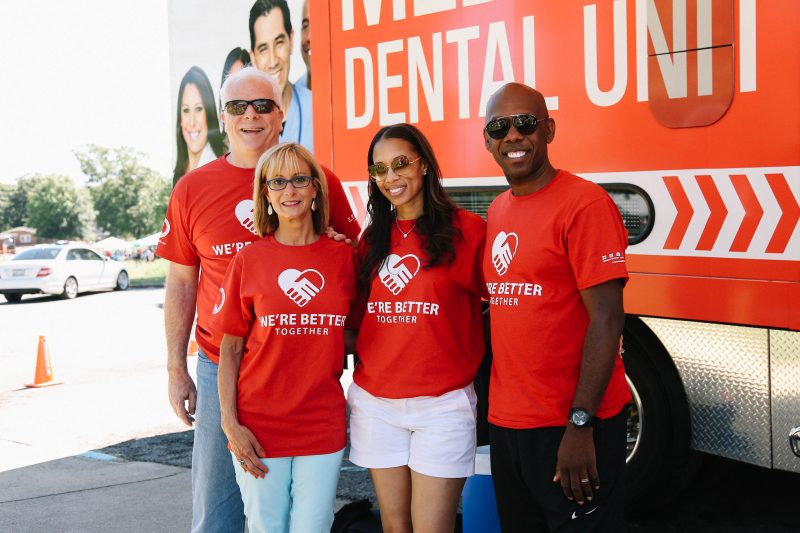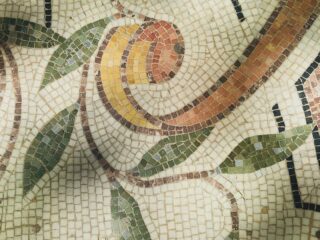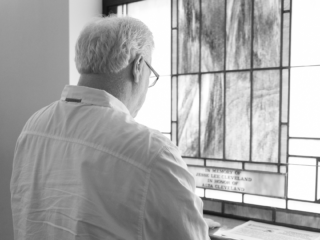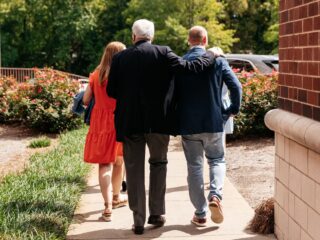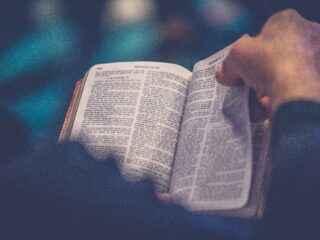Bishop Joseph Walker III is one of the most impactful leaders and pastors in North America today. His books, social media engagement, and demanding preaching schedule have spread his influence from coast to coast. He’s funny, energetic, has a faith that’s been tested by fire, and he’s seriously committed to changing Nashville for the better with the power of God’s redeeming gospel.
He’s also one of my best friends. He’s also African American.
When people find out about our friendship, they want to know how we came to be friends, and honestly, when I tell them the story, they are a little disappointed.
It all started with a phone call. I called him. I wanted him to teach me about how he was using social media. If you follow Bishop Walker at all, you know he’s a social media ninja. He’s a master of using a variety of platforms to communicate his message to thousands of people—including Bible studies and prayer times that engage people from around the world.
I’m always looking for people who do things better than I do, and Bishop Walker did social media better than most people in America, especially me. I was hoping he could teach me a few things. We ended up meeting at a local Panera Bread, and we talked about how social media supported his ministry and expanded his preaching. Then, we talked about life, marriage, and what it meant to be a dad in these times. We talked about sports and politics, and before I knew it, we had become friends.
Then, we started talking about what it is like being black in Nashville. He tried to help me understand the systemic racism he and his congregation face every day. Nashville is a fairly progressive city. Our diverse culture of artists ensures that, but we’re still racist. Some things take a long time to address and heal. Racism is one of those things.
He told me how, when’s he’s leaving a local mall and finds himself walking behind a single white female, he will measure his steps so he doesn’t get too close to her and make her uncomfortable. The woman will be nervous and anxious when she realizes a black man is walking behind her in the parking lot. He’s learned to make sure there’s plenty of room between him and her. He gets pulled over if he’s in certain neighborhoods in his nice car. Why? Because it’s assumed that a black man in a nice car is selling drugs.
These experiences are true. These are the moments my friend has lived.
I’ve had him over to talk to my staff about racism in everyday life. My staff is still talking about the power of his testimony and teaching. Since then, our two churches have become partners. Mt. Zion and Brentwood Baptist have done several projects together. His friendship and grace have made our engagement easy and rewarding. His church is teaching my church how to do ministry better. We’re learning from each other and growing together.
As a result, several of our members have become friends with members of Mt. Zion. They’ve met for lunch. They’ve had dinner in each other’s homes. We’re learning about each other’s worlds and pulling them closer together.
I’m convinced more than ever that the church is going to have to take the lead in the task of racial reconciliation. Only the church has the message of forgiveness, the salve of grace, the gospel of a suffering Savior, and the power of His resurrection. The total gospel in all of its glory will be needed to address and heal racism in America.
I didn’t start out wanting to address the race issue in our nation. I wanted to know more about social media. I did learn about social media.
And I learned a lot more. I learned how subtle and devious racism can be in our country. I learned how this hurts our black brothers and sisters, and I have learned that sitting silently while this is going on is to be part of the problem. I can no longer be part of anything that hurts my brother.
You know my brother, don’t you? Bishop Joseph Walker III. When you see us together, you’ll be able to tell us apart. I’m taller.

